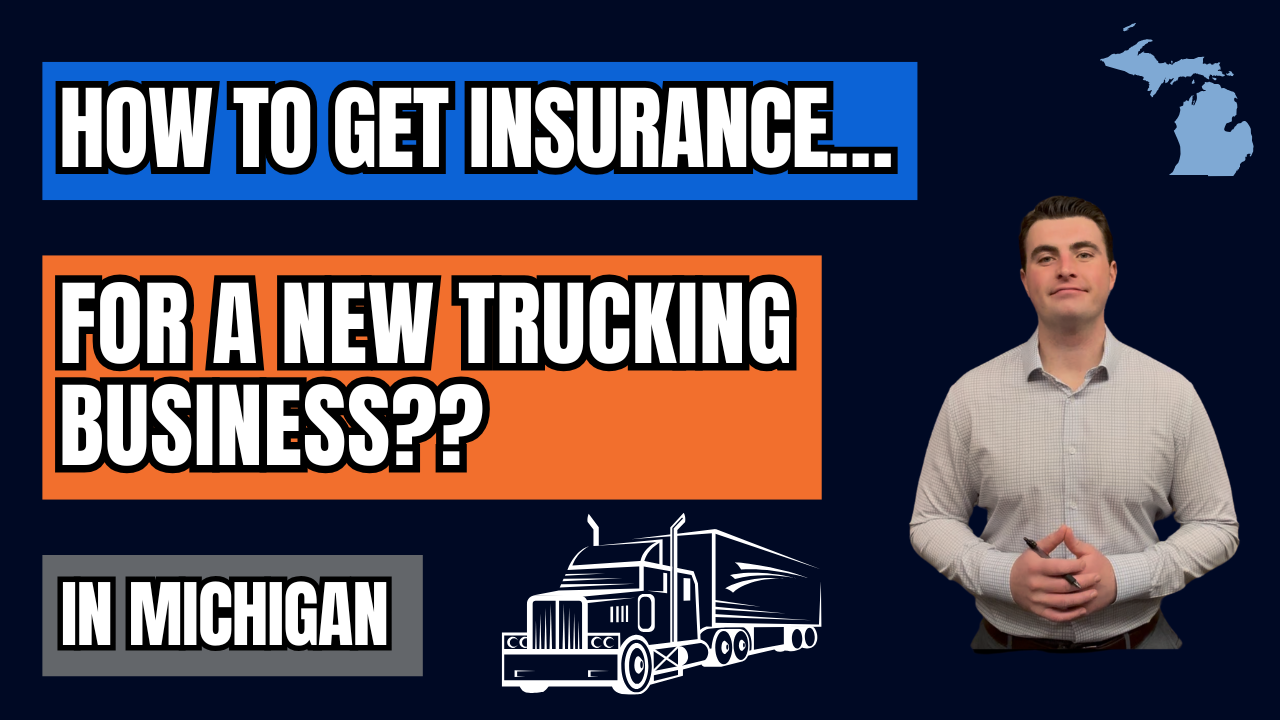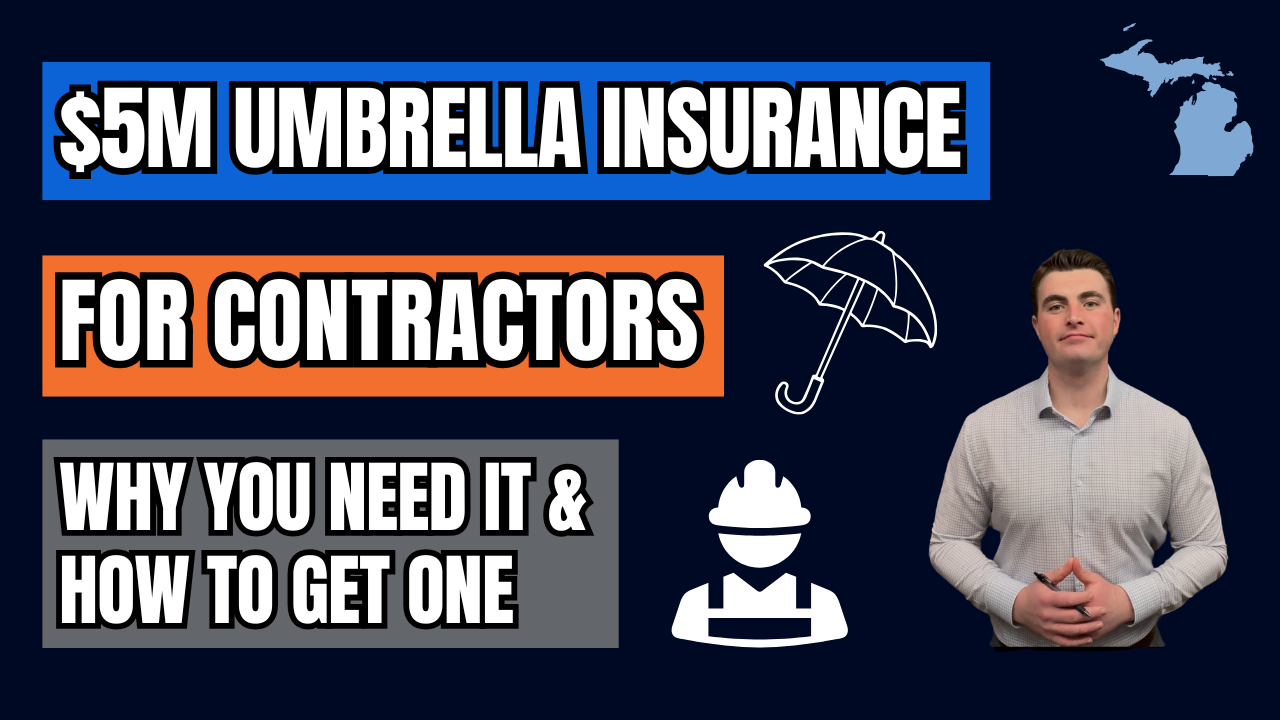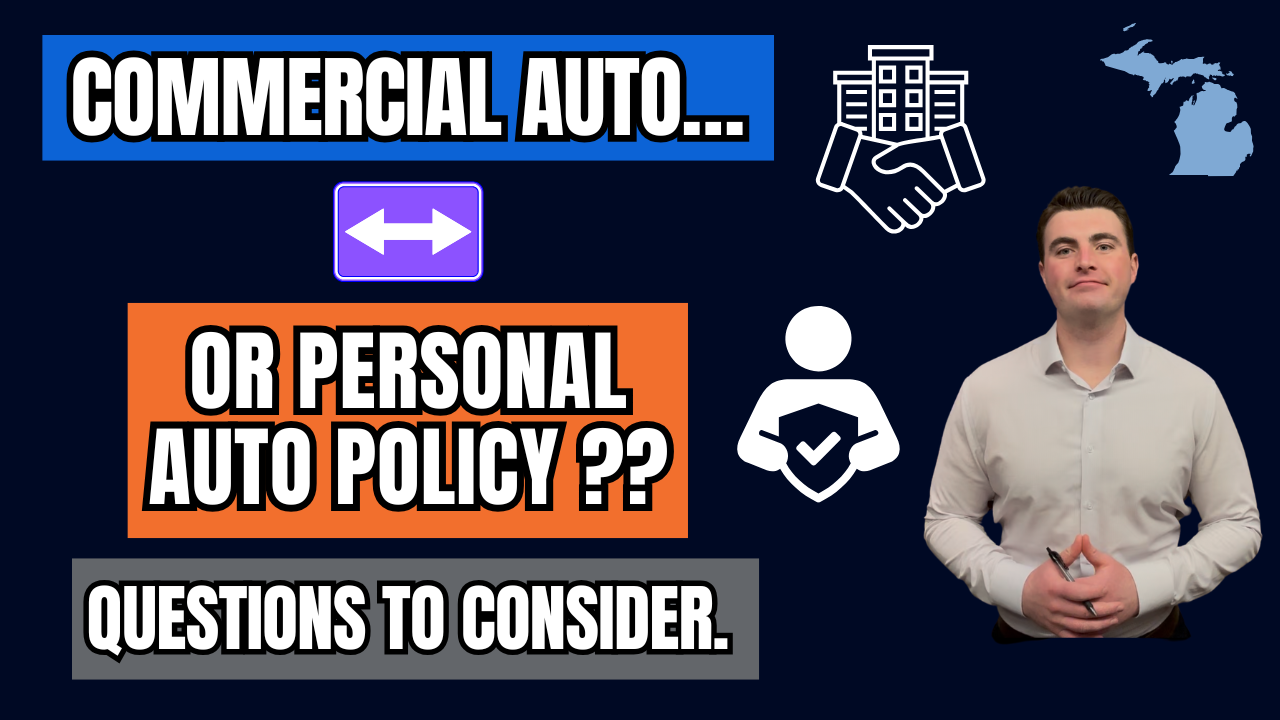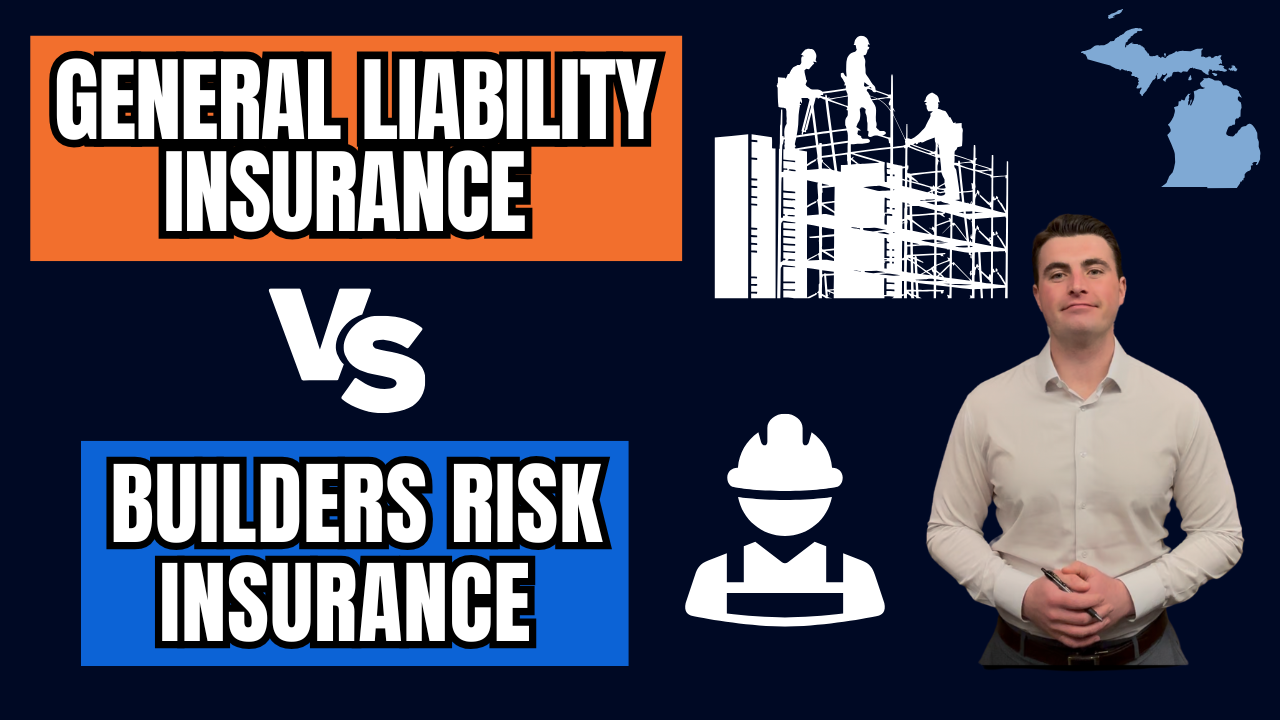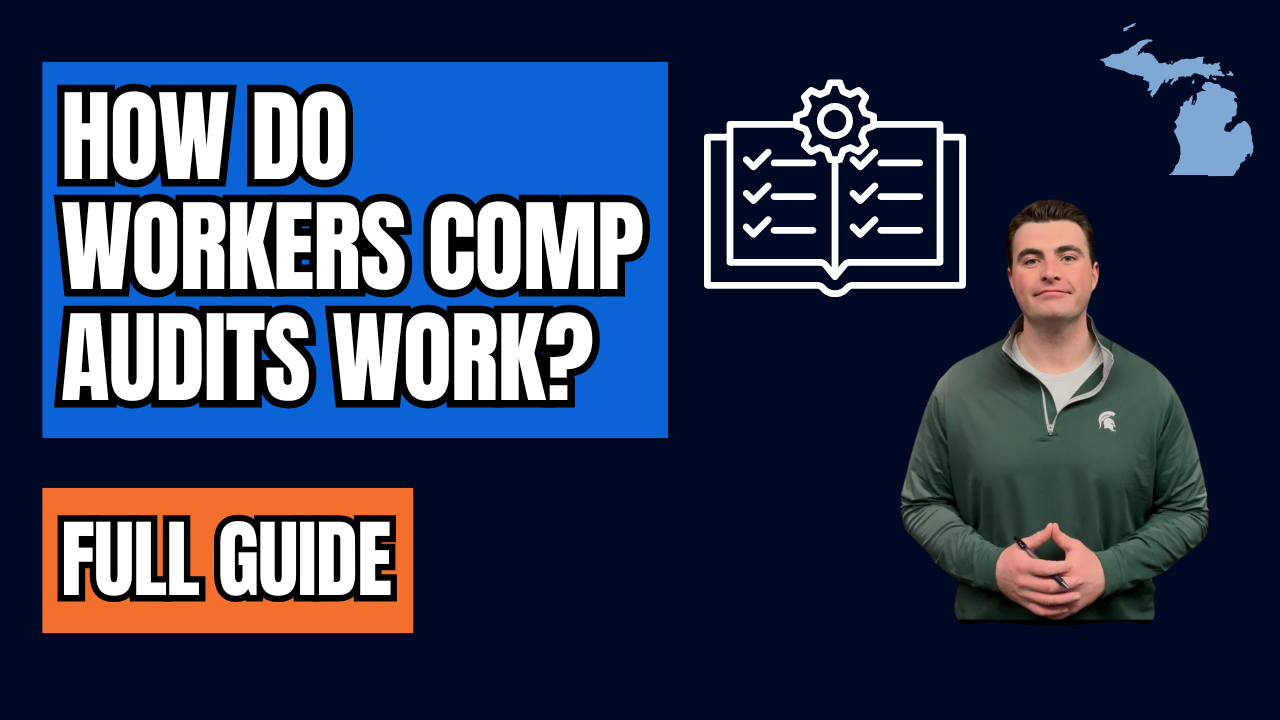Cyber Insurance 101: What Is an Incident Response Plan? (And Why Your Business Needs One)
Cyber Insurance 101: What Is an Incident Response Plan? (And Why Your Business Needs One)
If your business experienced a cyberattack today, would you know what to do? That’s exactly what an Incident Response Plan (IRP) is for. It’s your business’s emergency playbook—a step-by-step guide for detecting, responding to, and recovering from a cyber incident or data breach.
In this article, we’ll break down what an Incident Response Plan is, why it matters for businesses of all sizes, and how it fits into a broader cybersecurity and cyber insurance strategy.
What Is an Incident Response Plan?
At its core, an Incident Response Plan is a set of predefined procedures and roles that guide your team in the event of a cyber incident. Think of it like a fire drill for your data and digital operations. It outlines:
- Who is responsible for what during a cyberattack
- What steps to take immediately after an incident
- How to contain and mitigate damage
- How to notify affected parties and comply with regulatory requirements
- How to restore systems and resume operations
Even a basic IRP can help avoid confusion and chaos when every second counts.
Why Your Business Needs an Incident Response Plan
Some business owners assume IRPs are only for large corporations with dedicated IT teams. But that’s far from the truth.
Here’s why every business, regardless of size, needs an Incident Response Plan:
1. Speed Matters
Cyberattacks can spread quickly. The faster you respond, the more damage you can prevent—whether it’s lost data, stolen customer information, or downtime that disrupts your operations.
2. Reduce Financial and Reputational Damage
Without a plan, a small incident can snowball into a major financial loss. Downtime, legal fees, lost customer trust, and regulatory penalties can all pile up quickly.
3. Regulatory Compliance
Depending on your industry, having an IRP may be a legal requirement. Healthcare, finance, education, and other regulated sectors often mandate documented and tested response plans.
4. More Than Just IT
A strong plan involves more than your IT department. Legal, HR, PR, and executive leadership all play a role in a coordinated, company-wide response.
What Should Be in Your Incident Response Plan?
An effective IRP should include:
- Defined roles and responsibilities across departments
- Steps for identifying and reporting incidents
- Communication protocols for internal teams and external stakeholders
- Legal and compliance considerations
- Recovery and business continuity steps
- Regular testing and updates to stay current with evolving threats
How It Fits with Cyber Insurance
Having an Incident Response Plan in place often strengthens your application for cyber liability insurance—and may even reduce your premiums. It shows carriers that you take proactive measures to protect your business.
Many cyber insurance policies also provide access to incident response teams, legal counsel, and crisis communication experts if an incident occurs.
Don’t Wait Until It’s Too Late
The cost of not having an Incident Response Plan can be devastating:
- Data loss
- Lost revenue
- Legal liabilities
- Reputational harm
The good news? You don’t need to build your plan alone. Your insurance agent, IT provider, or legal counsel can help you put one together quickly and affordably.
Final Thoughts
An Incident Response Plan isn’t just a “nice-to-have.” It’s a business necessity in today’s digital world. Even a basic plan can make a major difference in how well your business weathers a cyber crisis.
If you’re unsure where to start, let’s talk. We help businesses every day build better risk management strategies and find the right cyber liability insurance to support them when it matters most.
Contact Us
We will get back to you as soon as possible.
Please try again later.




